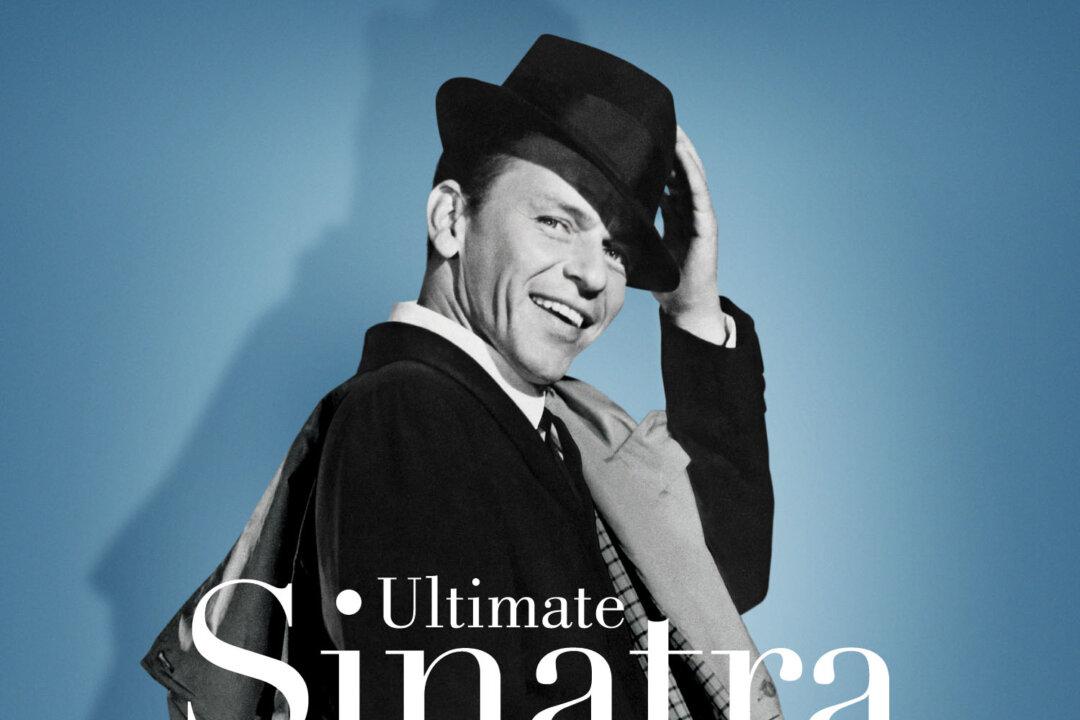Edith Piaf, Billie Holiday, Muddy Waters, and Elisabeth Schwarzkopf were all born in 1915. Perhaps the most popular and influential singer born that year was Frank Sinatra, whose centennial is being celebrated this month.
Sinatra began as a big band singer, first with Harry James and then with Tommy Dorsey’s orchestra. He soon became a solo star (with legions of bobby soxer fans) and began appearing in movies. At first, he was a lightweight, physically and dramatically.
Though he made some movie musicals when he was in his vocal prime, Hollywood usually let him down. For example, in “On the Town,” the studio rejected most of the Leonard Bernstein songs. Sinatra pleaded with them to let him sing the ballad “Lonely Town” but they refused. He later recorded it for one of his own albums.
Similarly, he was signed for the musical “Guys and Dolls” but was cast as Nathan Detroit, not Sky Masterson (the role he wanted). Thus, Marlon Brando got to sing “Luck Be a Lady,” which Sinatra often featured in his live shows.






